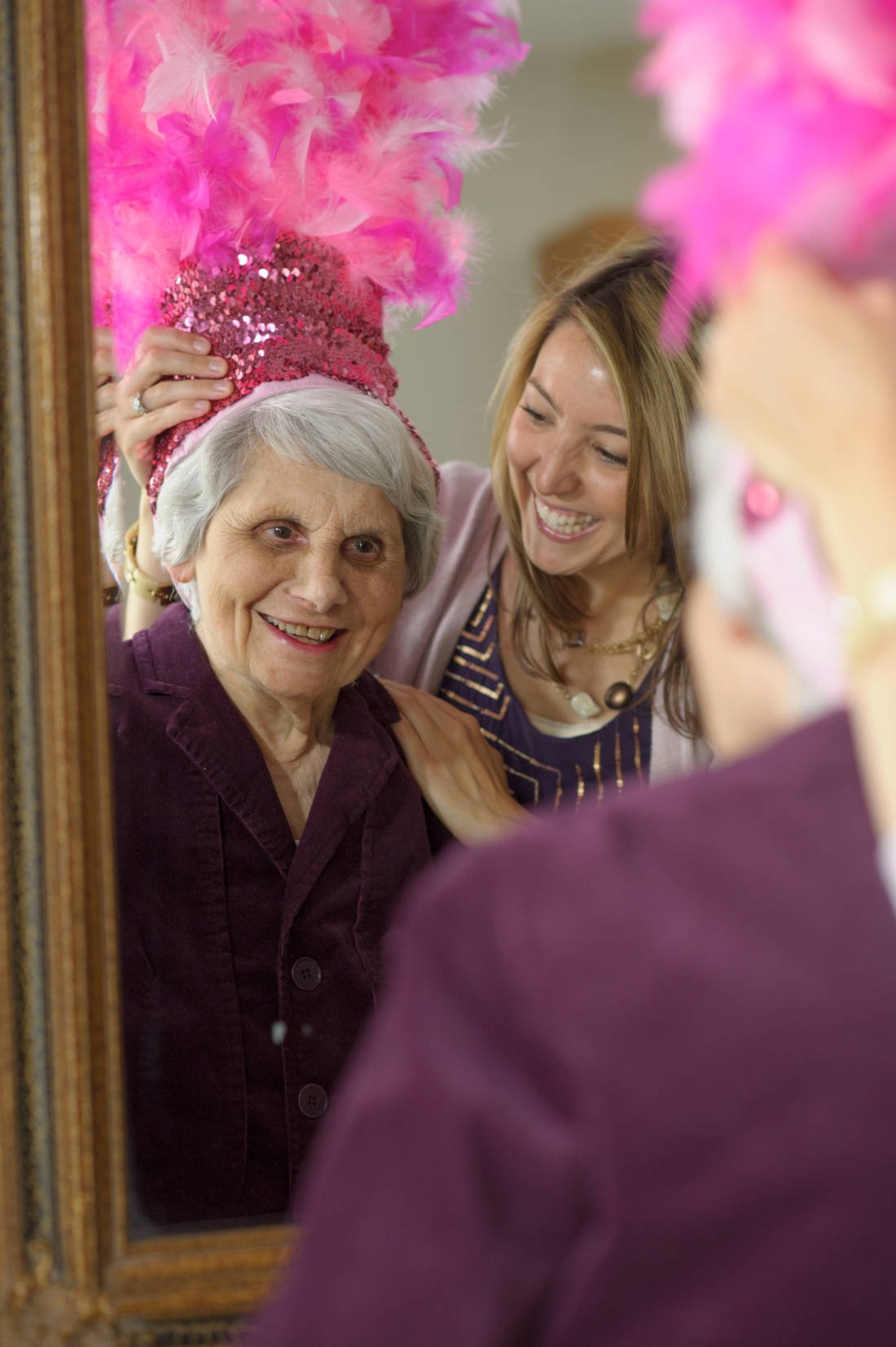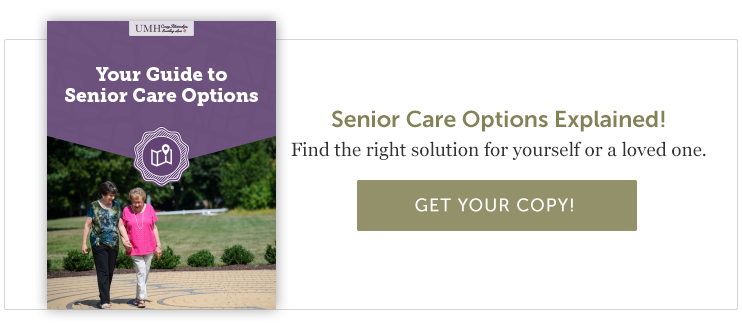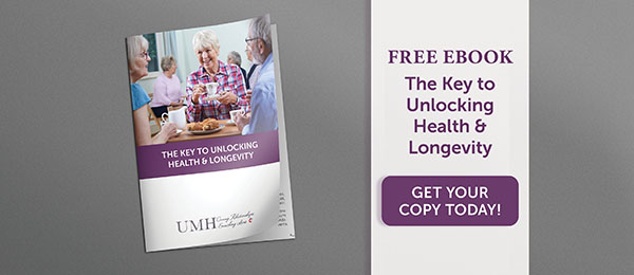Real Talk About the Dangers of Hypothermia for Seniors
assisted living | Senior Living Communities CT | senior health | senior health tips | Independent Senior Living | healthy living | independent living in ct
In many parts of the country, this winter has already proven to be a challenging one. With record cold temperatures and blizzards already on the books, the season of snow and ice has made its presence known. During times like these, it’s critical for seniors to be aware of the risks associated with hypothermia, and how to avoid these dangers. Here are some important insights about how hypothermia can endanger unsuspecting seniors and what you can do to prevent it.
What Is Hypothermia, and How Is It Caused?
Hypothermia is a medical emergency that occurs when your body loses heat faster than it can produce heat, causing a dangerously low body temperature. Normal body temperature is around 98.6°F, and hypothermia occurs as a person’s body temperature falls below 95°F. When your body temperature drops, your heart, nervous system, and other organs can't work normally. That’s why if left untreated, hypothermia can lead to complete failure of your heart and respiratory system—and eventually to death.
Being outside in the cold, or even in a very cold house, is often the cause of hypothermia. The thing to keep in mind is that older adults and those who are sick already have a generally more difficult time staying warm. In fact, there are a number of issues that can make it even harder for a senior to maintain proper body temperature, including:
- Hypothyroidism, or a deficiency in thyroid hormones that help keep your temperature elevated
- Diabetes can keep your blood from flowing normally to provide sufficient warmth
- Parkinson’s disease and arthritis, are two conditions that can interfere with a senior’s ability to put on the right amount of clothing layers, cover themselves with a blanket or get out of the cold
- Memory loss is a major reason behind seniors failing to wear the proper clothing (both indoors and out)
Given these extra challenges, it’s important for the senior population (and their caregivers) to take the necessary precautions to keep their body temperature up at an adequate level.
Detecting the Onset of Hypothermia
Any indication that a senior may be experiencing lower-than-normal body temperature and possible hypothermia must be attended to immediately. Therefore, it’s critical to know the signs and symptoms. When an individual’s body temperature begins to drop, shivering is likely the first thing to notice, as it's an automatic defense against cold temperature. Shivering is your body’s attempt to warm itself.
Other signs and symptoms that hypothermia may be setting in include:
- Slurred speech or mumbling
- Slow, shallow breathing
- Weak pulse
- Clumsiness or lack of coordination
- Drowsiness or very low energy
- Confusion or memory loss
- Loss of consciousness
- Bright red, cold skin
The tricky thing about hypothermia is that someone experiencing it usually isn't aware of their condition because the symptoms come on gradually. There’s also that element of confused thinking that can occur with hypothermia, further diminishing one’s ability to notice what’s unfolding. That’s why prevention is the best way to mitigate these risks before hypothermia becomes a very real and dangerous threat.
Recommendations for Mitigating Risks Outdoors
The main contributor to hypothermia is exposure to cold winter air and precipitation, so it’s incredibly important for seniors to minimize this risk at such a frigid time of year. Even a heavy wind can have a significant impact in terms of lowering a senior’s body temperature. It goes without saying that seniors should stay on top of the weather forecast to identify cold, windy days, and then try to stay inside as much as possible. If heading outdoors can’t be avoided, be sure to:
- Minimize your time out in the cold
- Dress appropriately with loose layers of clothing, as the air between layers can help breed warmth
- Don a warm hat and scarf to ensure you’re not losing excessive heat from an exposed head or neck, and add gloves to keep hands warm
- Opt for a waterproof coat if there’s any chance of precipitation
- Make sure that any clothes that become wet or damp are changed as soon as possible
Tips for Keeping Warm Indoors
It’s easy to assume that as long as you're indoors, you’re safe from the risks of hypothermia. But especially for seniors, this simply isn’t the case. If you live in a cold house or apartment, hypothermia is a real risk, particularly if you're not taking measures to layer up and stay warm. And those who live alone don’t have the benefit of someone else noticing when the room temperature has dropped or seeing the signs of hypothermia as they emerge.
As such, it’s essential for seniors and their loved ones to use these tips (from the National Institute on Aging) for staying warm inside and preventing the risks of hypothermia:
- Set your heat to at least 68-70°F. To save on heating bills, close off rooms you are not using. Close the vents and shut the doors in these rooms, and keep the basement door closed. Place a rolled towel in front of all doors to keep out drafts.
- Make sure your house isn't losing heat through windows. Keep your blinds and curtains closed. If you have gaps around the windows, try using weather stripping or caulk to keep the cold air out.
- Dress warmly on cold days even if you are staying in the house. Throw a blanket over your legs. Wear socks and slippers.
- When you go to sleep, wear long underwear under your pajamas, and use extra covers. Wear a cap or hat.
- Make sure you eat enough food to keep up your weight. If you don't eat well, you might have less fat under your skin. Body fat helps you to stay warm.
- Drink alcohol moderately, if at all. Alcoholic drinks can make you lose body heat.
- Ask family or friends to check on you during cold weather. If a power outage leaves you without heat, try to stay with a relative or friend.
It’s also important to be conscious of the hazards of using a space heater to stay warm. This is often a go-to remedy for cold rooms or spaces, but certain products have the potential to cause carbon monoxide poisoning, while others can be a fire hazard if not used appropriately. So be extra cautious with a space heater if you’re planning to use one to help keep the cold at bay.
Be sure to leverage these tips and information to protect yourself or your aging loved one from the risks of hypothermia this time of year. And take some time to consider whether the safety, support, and other benefits of moving to a senior living community might be just the solution to effectively manage senior challenges like these.
For additional tips on senior health and lifestyle issues, check out our blog. To find out how United Methodist Homes provides a wealth of offerings and opportunities to support the health and wellbeing of our residents, contact us today or schedule a complimentary visit now.
About Marissa Salvesen
My journey into the world of senior living began when I started working for United Methodist Homes in 2010. Starting as an Activities Director at one of our award-winning assisted and independent living communities and then transitioning to Marketing and Promotions Manager for UMH, I now work as the Manager of Mission Development, fostering the Mission and Values of our organization. I love sharing stories about the many ways we build meaningful relationships and enrich the lives of those we serve, and am proud to be part of building UMH’s 140-year legacy of caring. Wondering what makes our communities such special places to live and work? Connect with me and find out!

Our Blog is a 2016 Platinum Generations Award Winner! The Generations Award is an annual international competition for excellence in senior marketing recognizing professionals who have communicated to the 50+ Mature Markets.





